Environmental Impact of Ink
-
Forum Statistics
352.6k
Total Topics4.6m
Total Posts -
Member Statistics
125,678
Total Members2,522
Most OnlineNewest Member
Youshoe
Joined -
Images
-
Albums
-
j1tters
- By 2ouvenir,
- 0
- 1
- 54
-
Alex's images
- By alexwi,
- 0
- 8
- 67
-
Misfit’s 6th Album
- By Misfit,
- 7
-
Shades of colour
- By A Smug Dill,
- 17
- 35
-
Trios
- By Penguincollector,
- 0
- 0
- 45
-

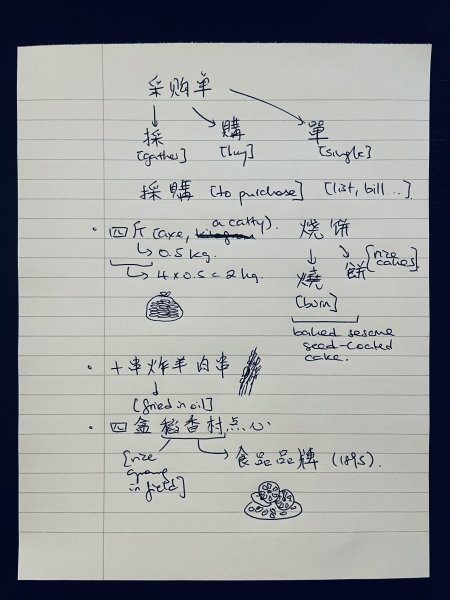
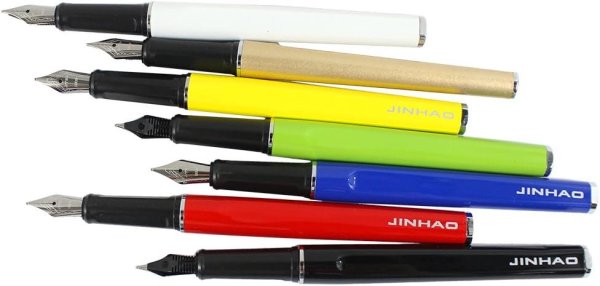
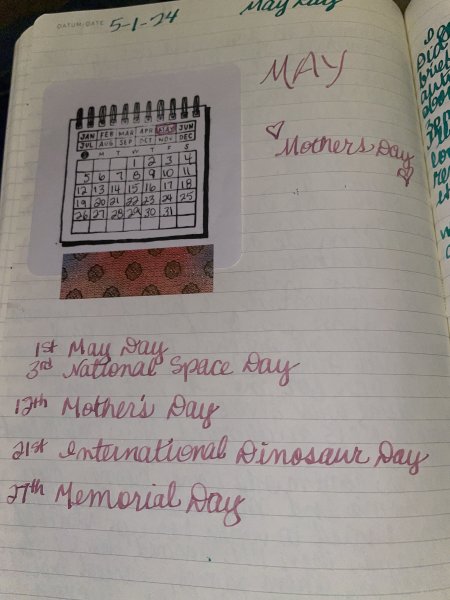
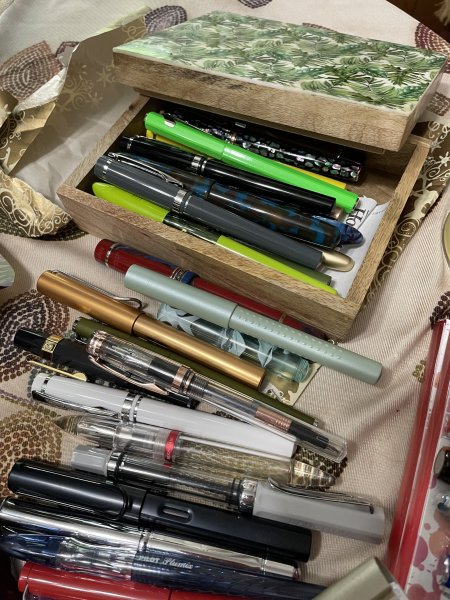


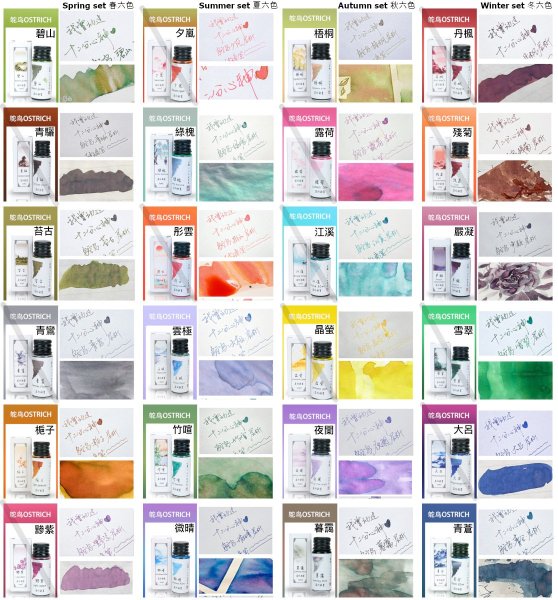
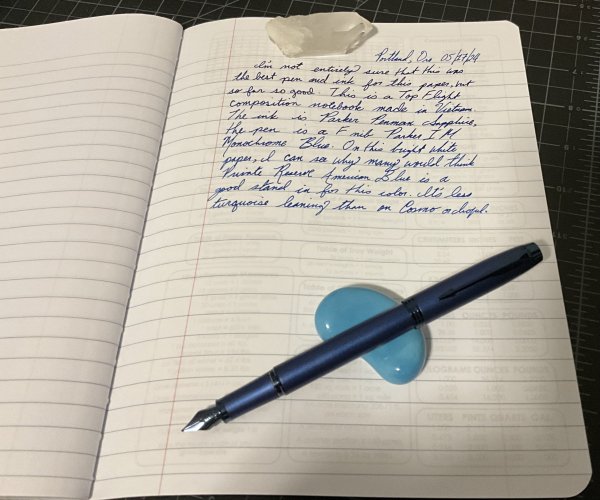
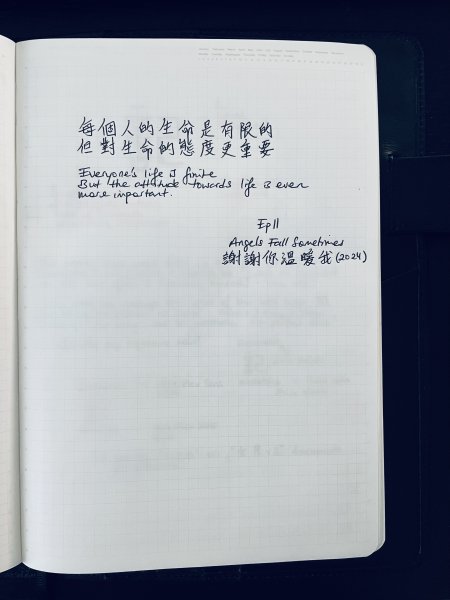
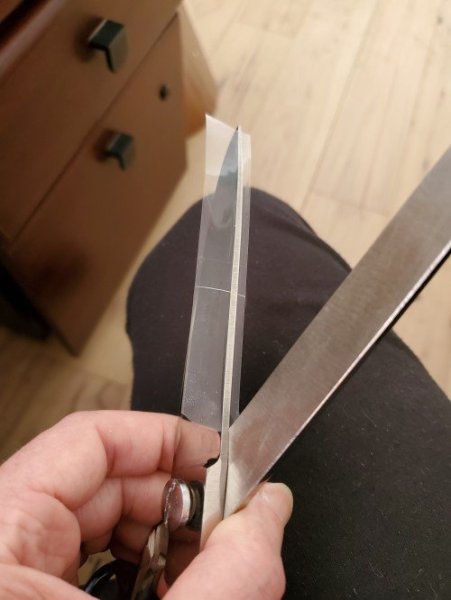
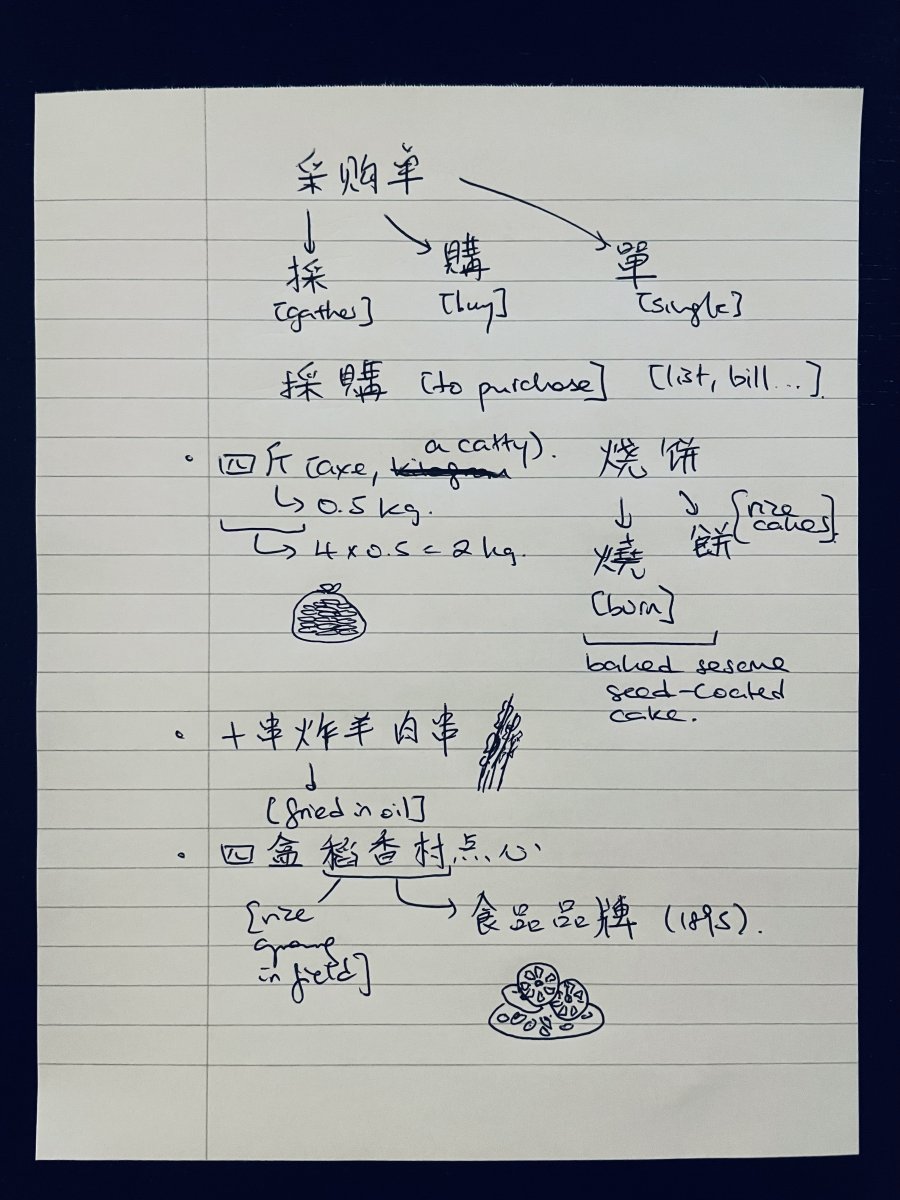
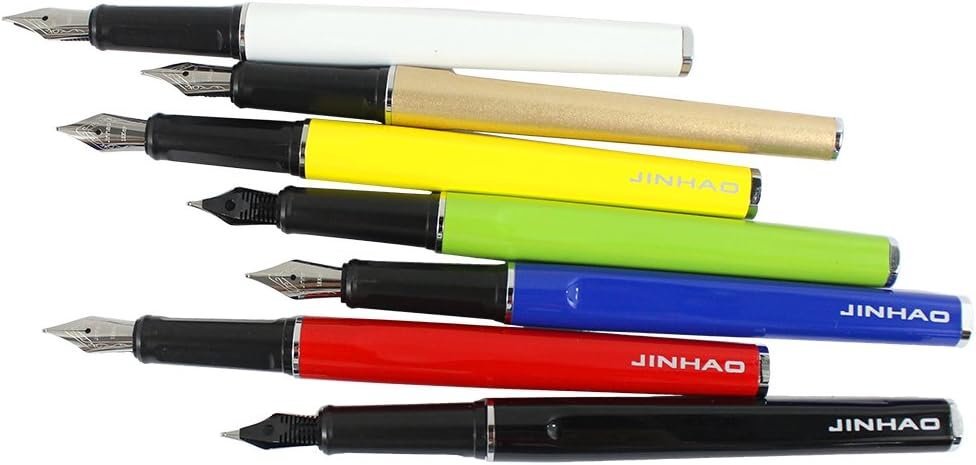
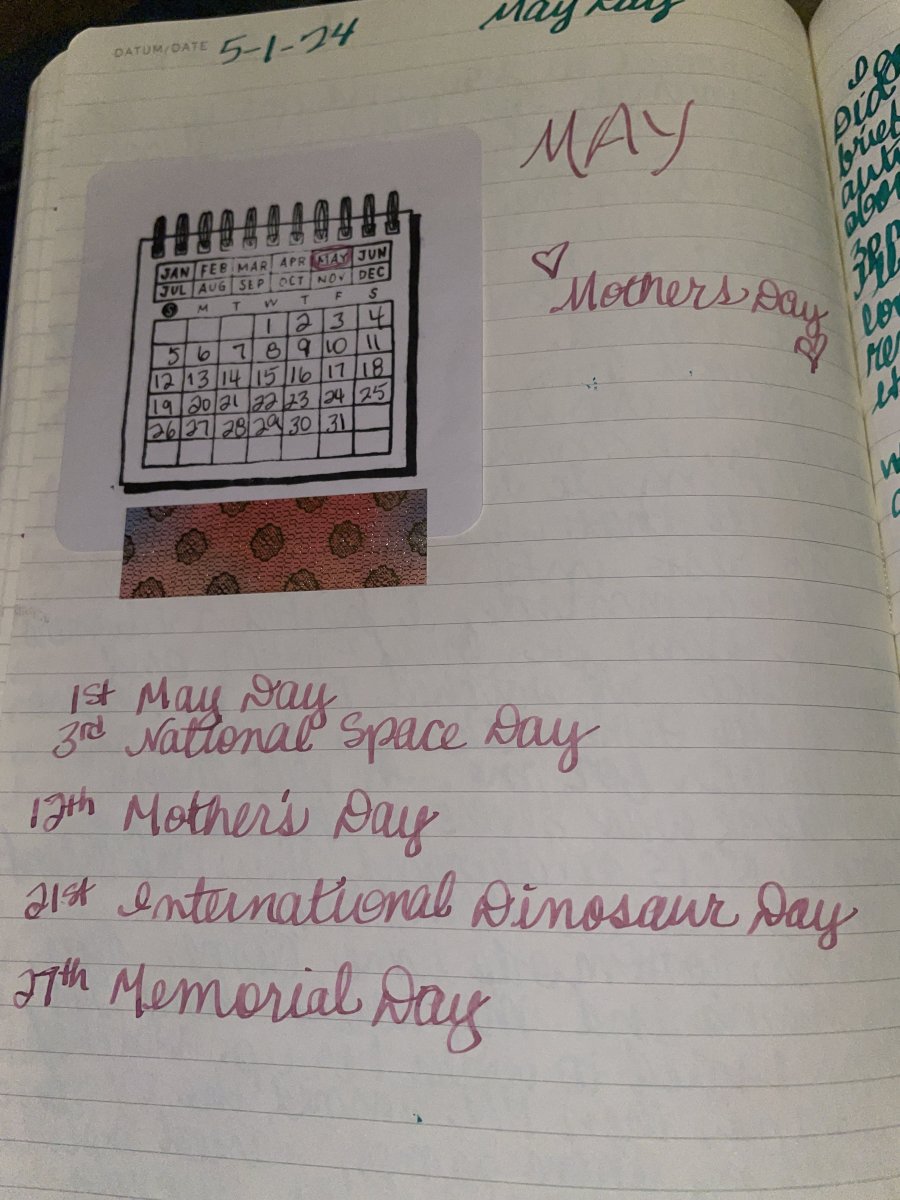
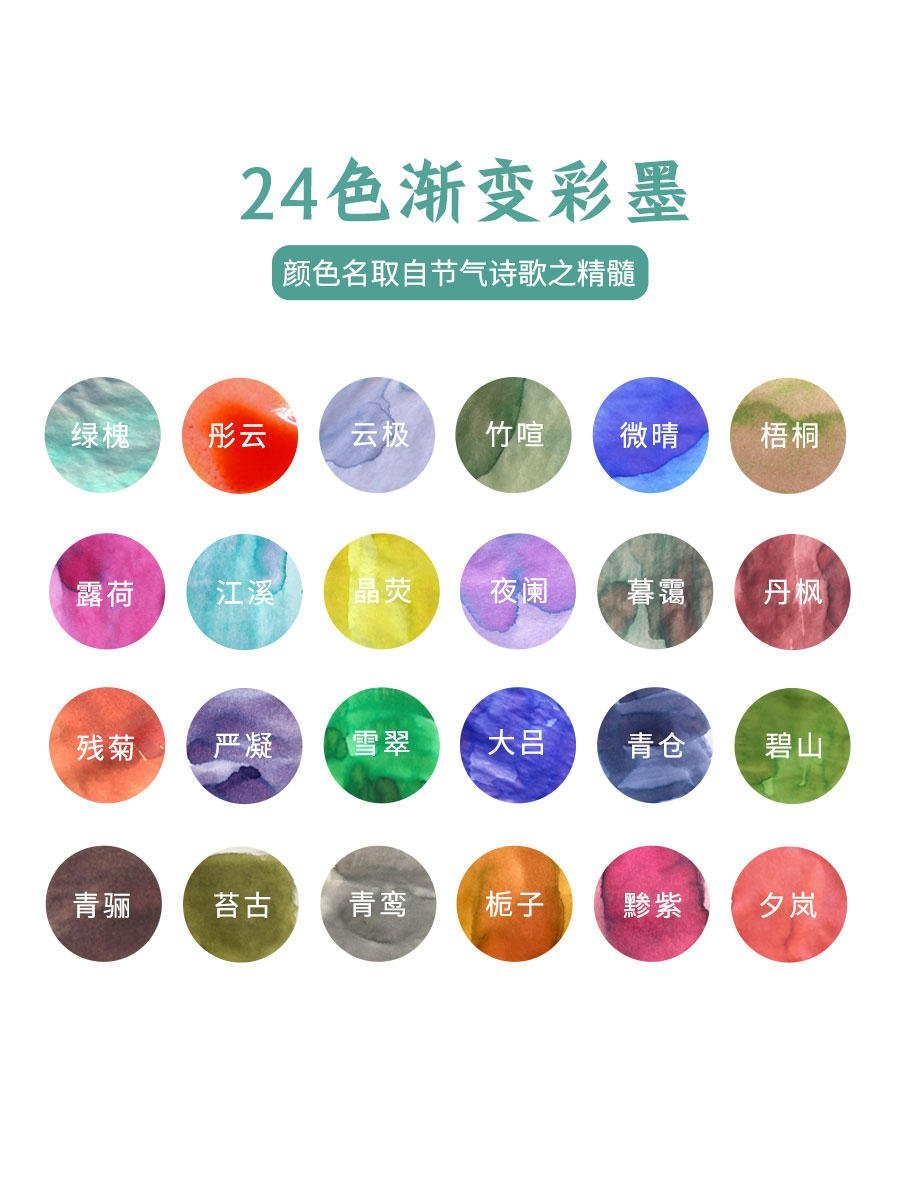
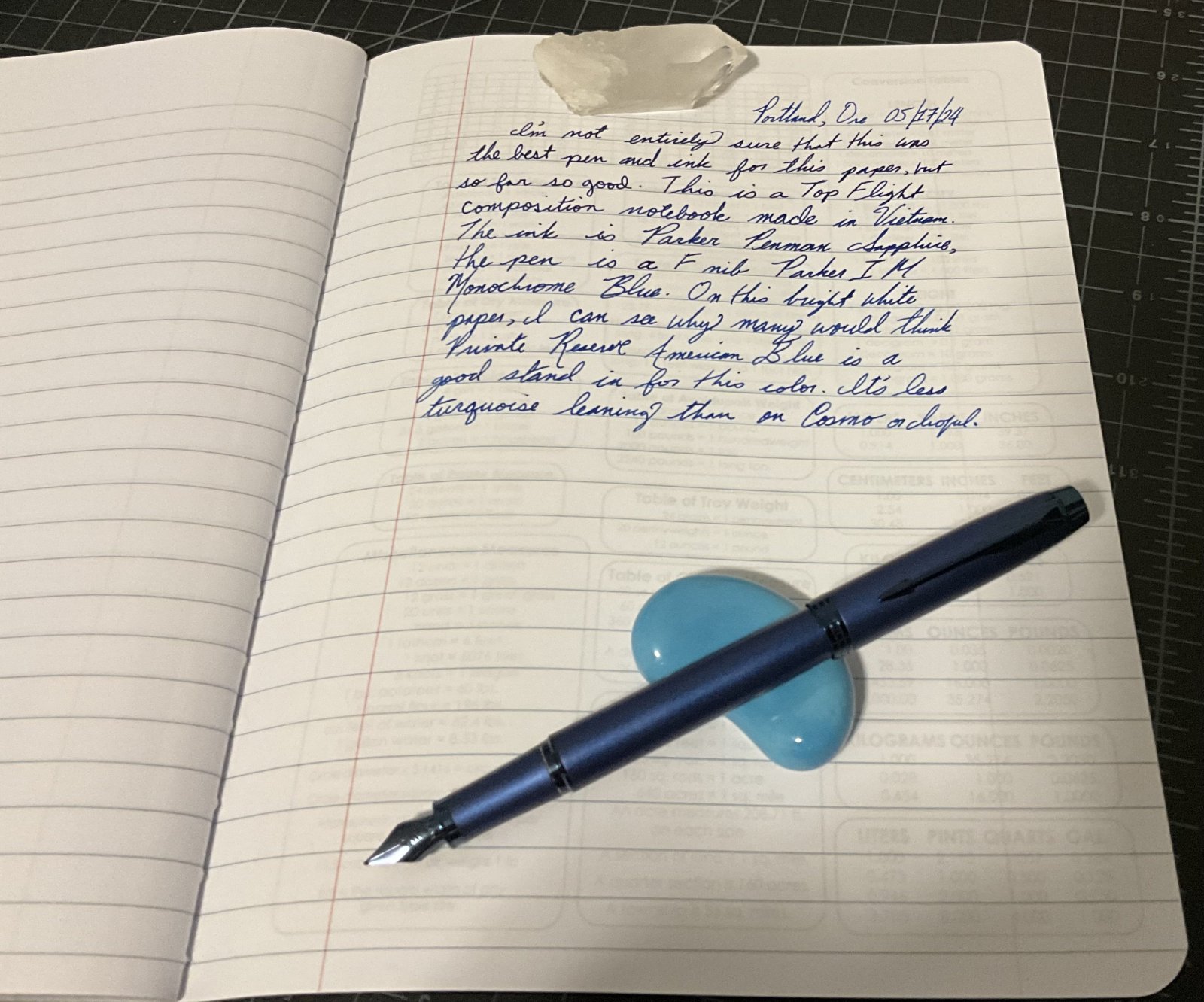

.thumb.jpg.f07fa8de82f3c2bce9737ae64fbca314.jpg)




desaturated.thumb.gif.5cb70ef1e977aa313d11eea3616aba7d.gif)





Recommended Posts
Create an account or sign in to comment
You need to be a member in order to leave a comment
Create an account
Sign up for a new account in our community. It's easy!
Register a new accountSign in
Already have an account? Sign in here.
Sign In Now